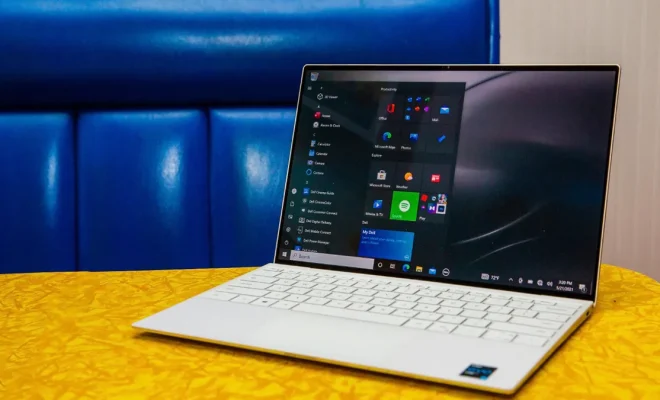7 Linux Distros That Come With Openbox

Openbox is a lightweight and highly configurable window manager for Linux that is known for its minimalistic approach and low resource usage. It’s a popular choice for users who want to set up their systems exactly as they like or for older hardware where resource efficiency is key. While Openbox can be installed on virtually any Linux distribution, there are several distros that come with Openbox by default or offer it as an easy option during installation. Here are seven Linux distributions that include Openbox right out of the box:
1. BunsenLabs Linux: Successor to the popular CrunchBang Linux, BunsenLabs is a Debian-based distribution with Openbox as its default window manager. It offers a sleek and efficient desktop experience, complete with a well-curated set of applications and scripts to make configuration and system management user-friendly.
2. ArchBang: Bridging the gap between Arch Linux and Openbox comes ArchBang, a lightweight distro inspired by CrunchBang but built upon Arch Linux. It provides users with the simplicity of Openbox combined with the rolling-release model of Arch, ensuring access to the latest software updates.
3. Manjaro Openbox: Manjaro offers various editions with different desktop environments and window managers. The Openbox edition provides all the benefits of Manjaro’s user-friendly approach and repository access while delivering an extremely fast and responsive interface.
4. Tiny Core Linux: As one of the smallest Linux distributions out there, Tiny Core is available in several editions, one of which includes Openbox. Designed to run in RAM and boot very quickly, Tiny Core can work well on very limited hardware.
5. Porteus: Porteus is designed with modularity in mind, allowing users to add or remove features as needed. The standard ISO does include an Openbox flavor aimed at those seeking a lightweight yet functional desktop experience.
6. SparkyLinux “Openbox” Edition: Based on Debian, SparkyLinux offers multiple editions for various use cases and preferences, including an edition that features Openbox by default. This distribution focuses on providing a balance between performance and visual appeal.
7. Slackel: A Slackware derivative that comes in several flavors with one dedicated to Openbox fans. Combining Slackware’s philosophy with cutting-edge components, Slackel includes a mix of stability and newer software tuned for performance.
These distros highlight the versatility of Linux and show how Openbox can serve as more than just a substitute for heavier desktop environments – it can define the user experience from minimalistic systems to full-featured environments without sacrificing performance or control over system aesthetics and behavior.





